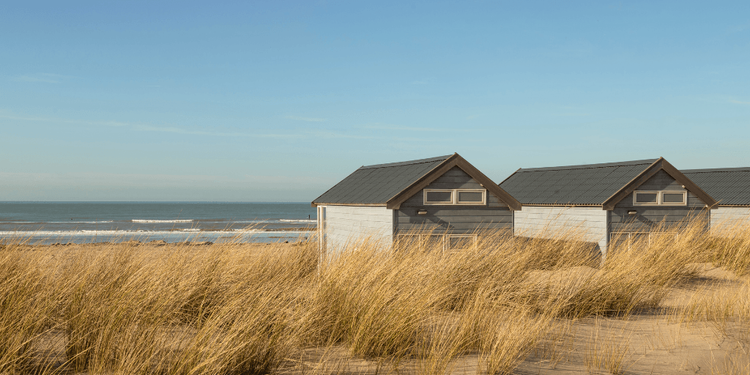Drinking water in harmony with nature: A story from the Netherlands
Dunea, a utility situated in the west of the Netherlands, is committed to providing drinking water in harmony with nature and is taking steps to become a climate smart utility.

Dunea, a utility situated in the west of the Netherlands, is committed to providing drinking water in harmony with nature and is taking steps to become a climate smart utility.
